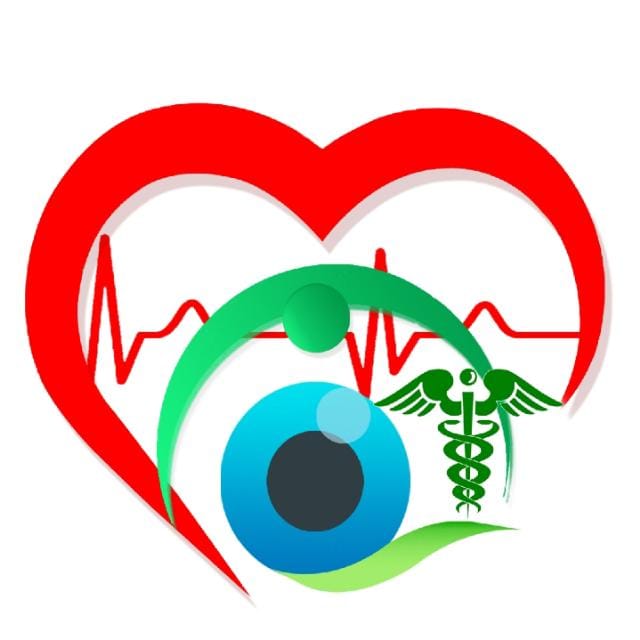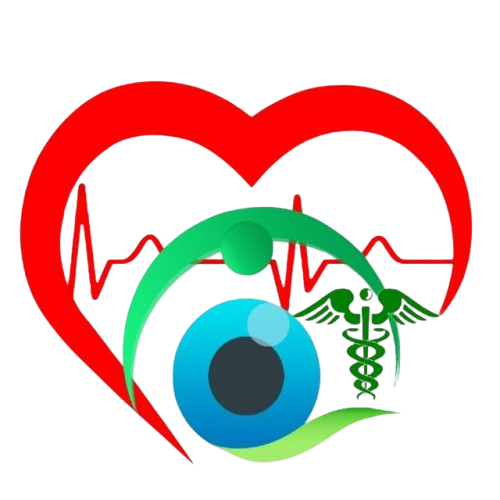Hypertensive Management

Hypertensive management focuses on controlling high blood pressure (hypertension) to reduce the risk of complications such as heart disease, stroke, and kidney damage. The management plan typically involves lifestyle changes, medications, and regular monitoring.
Lifestyle Modifications:
- Diet: A heart-healthy diet like the DASH (Dietary Approaches to Stop Hypertension) diet, rich in fruits, vegetables, whole grains, and low-fat dairy, while reducing salt intake.
- Exercise: Regular physical activity, such as brisk walking for at least 30 minutes most days, helps lower blood pressure.
- Weight Loss: Maintaining a healthy weight or losing excess weight can significantly lower blood pressure.
- Stress Management: Practices like meditation, yoga, and deep breathing can help reduce stress and lower blood pressure.
- Alcohol and Smoking: Limiting alcohol intake and quitting smoking are important for managing hypertension.
Medications:
- Diuretics: Help reduce fluid retention, lowering blood pressure.
- ACE Inhibitors or ARBs: Relax blood vessels and reduce blood pressure.
- Beta-blockers: Slow the heart rate and reduce the heart’s workload.
- Calcium Channel Blockers: Help relax blood vessels and reduce heart rate.
- Angiotensin II Receptor Blockers (ARBs) and Alpha-blockers are also prescribed based on the patient’s specific needs.
Regular Monitoring: Blood pressure should be monitored regularly to ensure treatment effectiveness and adjust medications if necessary.

